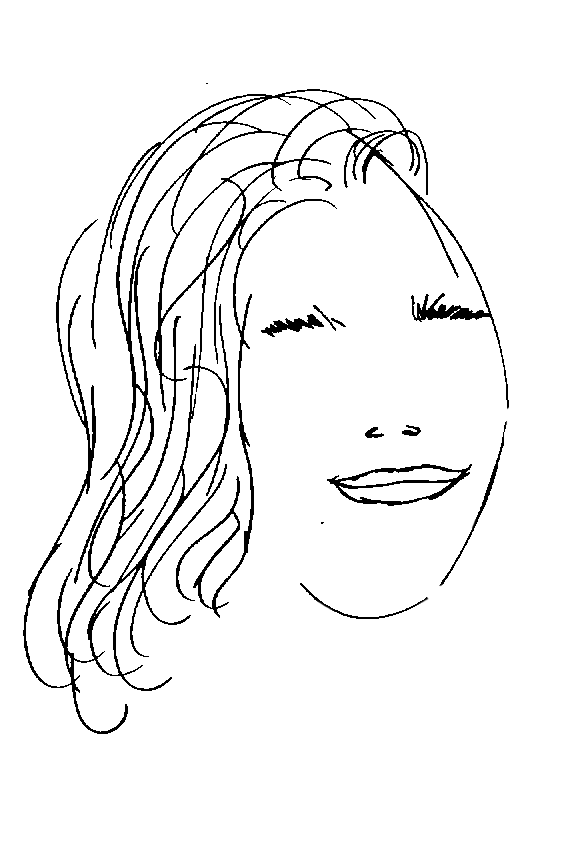
Ok mama, as an oily skin type myself who STILL battles with acne at the ripe old age of… well, old…there are a few known-knowns I’ve come across in my time that might help you if you’re also fighting a similar battle. If any of these 4 issues are going on, you just might be over cleansing your face. Which is arguably a common thing to do when you’re battling acne, because you’re in a full on battle and the last thing you want is for your face to break-out, again. I get it, so let’s dive in and see how we can combat this and still battle acne without doing these 4 things…
4 Signs you’re over cleansing your face
Full disclosure, SF Fit Mom—Kelly Westover is a Rodan + Fields independent consultant as well as an Amazon Affiliate marketer, so links in this article will point to items that will generate commissions if purchased.
Thank you for supporting small businesses.
1. Your skin feels taut
Here’s a fun fact—That taut squeaky clean feeling doesn’t actually translate to effective face washing. It might in fact mean that you’re damaging your skin by using products that are too drying or rough. The perfect cleanser for you is the one that is specially formulated for your skin type and will leave your skin feeling hydrated and refreshed—rather than raw—but still clean.
2. You start to develop rashes or sensitive areas
So that taut feeling we just talked about could also be a sign that by over-cleansing you’re stripping the skin of its natural essential oils and damaging the skin barrier. Guess what happens when you damage the skin barrier? You guessed it… you get sensitive spots and can even develop rashes. Once that skin barrier is damaged all of those “good for your skin products” like sunscreen and toners and even benzoly peroxide acne treatments that are supposed to sit on top of the skin, can now permeate the skin barrier and cause rashes or worse. Not to mention, a damaged skin barrier can also lead to worse symptoms including eczema, environmental irritants like UV rays & pollution and of course, acne.
What’s the best way to come back from an irritated skin barrier? Add back in the things that were once lost by using products that are packed with ceramides and that use hyaluronic acid and niacinamide to help spur lipid reproduction in the skin. (huh?) Basically, you want a product that helps prompt the skin to begin reproducing the healthy oils and rebuild that broken down barrier in your skin—like this one.
3. You’re getting adult acne, when you didn’t before
Over cleansing your skin will strip it of its natural essential oils which will cause your oil production to go into hyperdrive thereby giving you…wait for it…acne! If you’re experiencing a ton of random breakouts lately, there’s a chance that it’s from over-cleansing.
Ironically enough, one of the most overlooked acne treatments is hydration and moisturizing. You know, because when you’re skin is oily you naturally want to add moisture to it, right? Well, no. The opposite is usually true, you’d much rather have that squeaky clean ‘taut’ feeling thus perpetuating the cycle… Well, hear me out here. Not only does adding hydration and moisture to your skin leave it looking and feeling plump, glowing and dewy, but it could be the end to your acne woes. Say waaaaaaaaaaat?!? Yup. you read that right. Hydration and moisture could be the end to your acne woes. So, if you are battling a random break out, your cleansing habits could be the culprit.
4. You’re noticing red, itchy and inflamed skin. Also known as Seborrheic dermatitis (or cradle cap in babies)
Seborrheic dermatitis is most often noted by flaking red scales on the T-zone. It’s a pretty common skin disease that can often manifest itself as a rash, with redness and a swollen or greasy appearance with white or yellow flaking of the skin. Don’t be surprised if it also itches, that’s a common symptom too. This skin condition looks similar to psoriasis, eczema or allergic reactions so it should be diagnosed by a dermatologist since all four conditions should be treated differently. Your Dermatologist can also subscribe short term medications to treat flare ups and even barrier repair creams to prevent infection, reduce the uncomfortable layer and remove scales.
So, how long should you actually be cleansing for?
The American Academy of Dermatology recommends that you limit your face washing to twice per day—once in the morning and once in the evening or after sweating heavily. Sweat can irritate the skin, so its important to wash your skin ASAP after perspiring heavily, especially if you were wearing a hat or helmet—basically if you were wearing something that was rubbing or compressing your skin while sweating.
If you’re using an R+F Regimen, it’s important to follow the suggested schedule for use and adjust it based on your skin’s reactions and personal needs. Please keep in mind the two key factors of hydration and moisturization in whichever regimen you use.
In Short…
Over cleansing is an easy mistake, so don’t beat yourself up about it. But it does have some serious consequences, so work to correct your mistakes ASAP. Knowing the signs of over cleansing and how to cleanse properly is the first and best step you can take toward clear, glowing skin.
just love,
kelly
[amazon_link asins=’B00XY0ZWH4,B01G1NN4ZW,B00SY90FM2,B06Y415Q13,B01D5WB4SG,B010FOFSH0′ template=’ProductCarousel’ store=’westover7-20′ marketplace=’US’ link_id=’bbf2b25e-cac6-11e8-9fe7-49a555625e23′]

